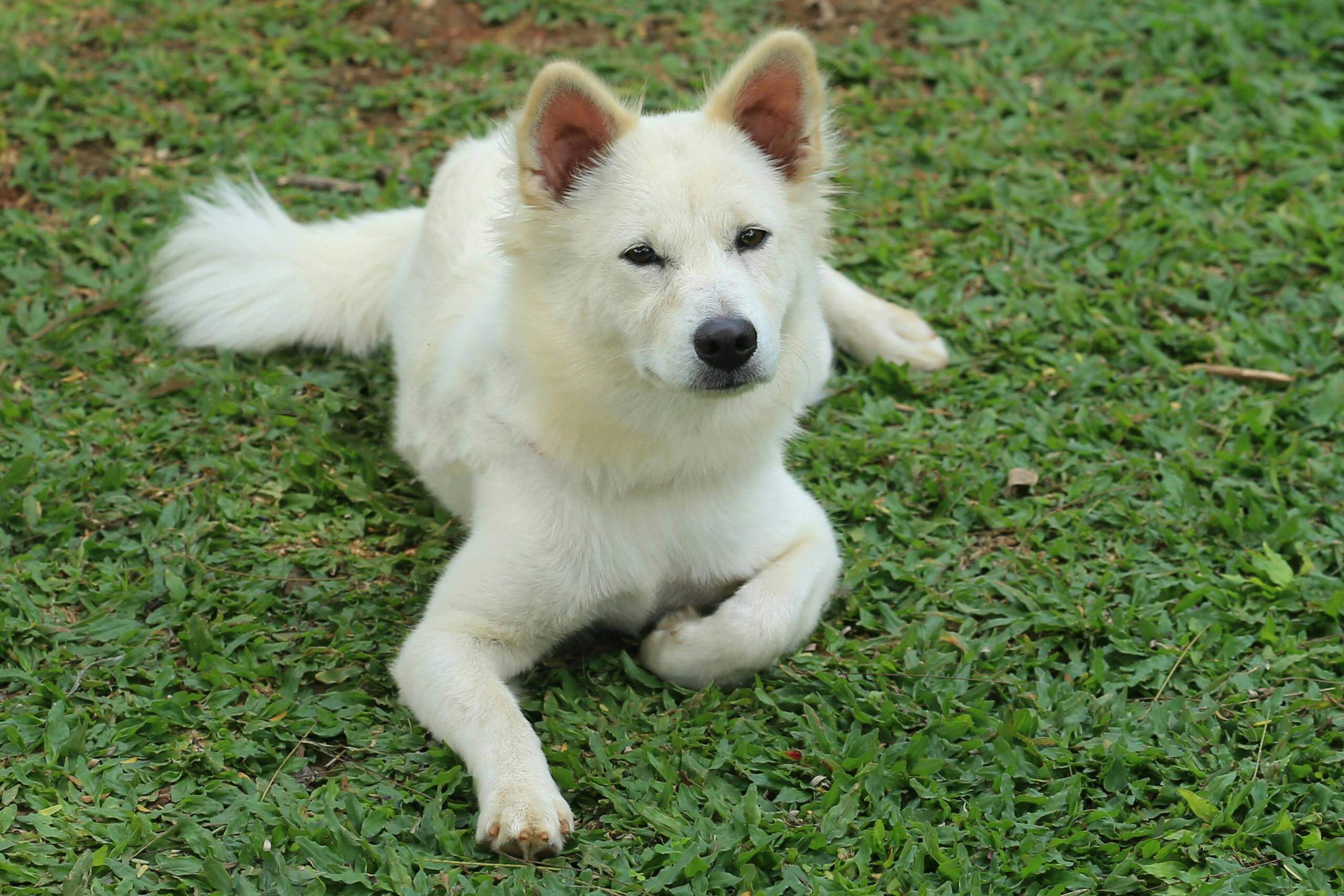
Stress and Anxiety
Just like humans, dogs can experience stress and anxiety. When they feel overwhelmed or anxious, they may resort to behaviors like paw biting as a way to self-soothe. Changes in their environment, routine, or the presence of new people or animals can trigger stress in dogs. If your dog is biting her paws, it might be a signal that she’s feeling uneasy about something in her surroundings.
Allergies
Allergies are another common cause of paw biting in dogs. Just like humans, dogs can be allergic to a variety of things, including certain foods, pollen, mold, or even household products. If your dog’s paw biting is accompanied by redness, swelling, or skin irritation, allergies might be the culprit. It’s important to consult with your veterinarian to determine the specific allergen and develop a plan to manage your dog’s symptoms.
Parasites and Infections
Parasites such as fleas, ticks, or mites can cause irritation and discomfort for dogs, leading them to bite or chew at their paws in an attempt to alleviate the itching. Additionally, yeast or bacterial infections in the paws can also prompt this behavior. Regular grooming, including checking for parasites and keeping your dog’s paws clean, can help prevent these issues.
Boredom and Lack of Exercise
Dogs need mental and physical stimulation to stay happy and healthy. If your dog isn’t getting enough exercise or mental enrichment, she might resort to paw biting as a way to release pent-up energy or to keep herself entertained. Ensuring that your dog receives regular exercise, playtime, and enrichment activities can help address this issue.
Pain or Discomfort
Sometimes, paw biting can be a sign that your dog is experiencing pain or discomfort in her paws or elsewhere in her body. It’s essential to monitor your dog for any signs of injury or pain, and if you notice any limping, swelling, or sensitivity, consult with your veterinarian to rule out any underlying health issues.
How You Can Help
If your female dog is biting her paws, it’s important to address the underlying cause rather than just attempting to stop the behavior. Start by observing your dog’s environment and routine to identify any potential sources of stress or anxiety. Consider any recent changes or events that might have triggered her discomfort.
Consulting with a veterinarian is crucial to rule out medical issues, allergies, or infections. Your vet can provide guidance on managing allergies, treating infections, and ensuring your dog’s overall health and well-being.
In addition to veterinary care, providing your dog with regular exercise, mental stimulation, and a comfortable, stress-free environment can help alleviate anxiety and boredom. Engaging in interactive play, going for walks, and offering puzzle toys can keep your dog’s mind and body active.
Remember, every dog is unique, and what works for one may not work for another. Patience, understanding, and a proactive approach are key in addressing your dog’s paw-biting behavior. By identifying and addressing the underlying cause, you can help your furry companion live a happier, healthier, and more comfortable life.
In conclusion, if you notice your female dog biting her paws, don’t ignore it. Take the time to understand why she might be engaging in this behavior and seek the appropriate support to help her overcome any underlying issues. Your dog relies on you to advocate for her well-being, so be attentive, compassionate, and proactive in addressing her needs.[/fusion_text]



